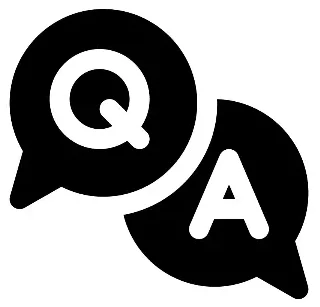bookkeeping basics coursera week 4 answers
Key Assumptions Part 1 Practice Quiz
1. This type of assumption/principle requires a business to disclose all information about the business that is important for a lender or investor to know in financial statements or in the financial statement notes.
- Economic Entity Assumption
- Reliability Assumption
- Conservatism Assumption
- Full Disclosure Principle
2. The Economic Entity Assumption states:
- Business and personal financial activities must be separate for business owners.
- Companies can only record financial transactions that can be verified.
- To be financially conservative when recording information that is unclear.
3. When the bookkeeper or accountant has a choice between two acceptable alternatives, they should choose the one that will report less profit, less asset amount, or a greater liability amount. This is based upon which assumption/principle?
- Vital Asset Assumption
- Conservatism Assumption
- Full Disclosure Assumption
4. Your client Rosie Fern wants to add the cost of the trellises she built for her herbal gardening business but can’t find a receipt or proof that she paid.
Which assumption/principle restricts you from recording this information in financial activities?
- The Reliability Assumption
- Economic Entity
- Conservatism Assumption
Key Assumptions Part 2 Practice Quiz
5. When a bookkeeper is using the US dollar as currency in accounting and is not considering changes in the value of that currency she is employing the:
- Collaboration Assumption
- Going Concern Assumption
- Monetary Unit Assumption
6. This assumption / principle is very subjective and should be used with caution outside of rounding to the nearest dollar when entering financial information.
- Monetary Unit Assumption
- Materiality Principle
- Conservatism Assumption
7. A company is considered a Going Concern when it:
- Is providing proof of expenditures for financial statements.
- Is losing money and access to credit.
- Is stable, able to operate and able to meet its financial obligations.
8. Cecilia Tubular sells 1980s themed enamel pins. She has a huge inventory she purchased in 1984 at $0.10 each. They are now worth $1 each. According to the Monetary Unit Assumption, you:
- Keep the value of the pins at $0.10 each.
- Split the difference and record the value at $0.45 each
- Update her financials to show the increased value of the pins to $1 each
Shuffle Q/A 1
9. If a business is using the Consistency Principle they will:
- Treat the business as a separate entity, so the activities of a business must be kept separate from any other financial activities of its business
- Ignore an accounting standard if the impact has such a small effect on financial statements that it would not be misleading.
- Adopt a specific accounting method and will enter all similar items in the exact same way in the future.
Periodicity Assumption Practice Quiz
10. True or False: According to the Periodicity Assumption, companies can only review their financial health at the end of their fiscal year?
- True
- False
